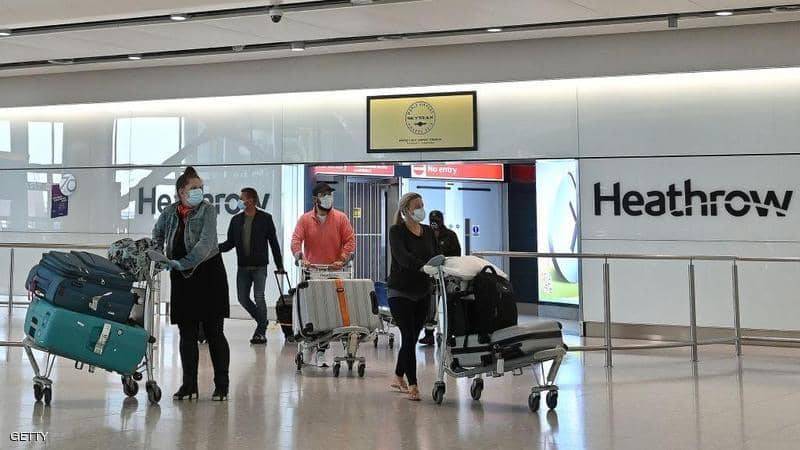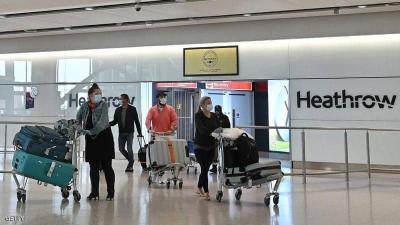A global crisis looms due to the lack of mutual recognition among governments for different COVID-19 vaccines as travel resumes after the lockdown caused by the pandemic. This crisis is expected to exacerbate the travel industry's challenges worldwide, according to Bloomberg. Some individuals are discovering that their choice of vaccine type can determine where they are allowed to travel, at a time when the global travel industry, valued at $9 trillion, has been effectively paralyzed since the pandemic began.
Governments from China to Europe are discussing vaccine passports—easily accessible and verifiable certificates indicating vaccination status—but it remains unclear whether countries will seek global recognition for all vaccine types, especially with the emergence of virus variants and questions about vaccine efficacy against them.
Currently, millions of people worldwide who cannot choose the type of vaccine they receive continue to face travel concerns, particularly between China and the Western nations. China currently recognizes only domestically produced vaccines, while its vaccines are not approved in the United States and Western European countries, and vice versa. This means that Chinese travelers will not be able to go to European nations and the United States, while citizens from those countries cannot travel to China.
The New York Times reported that the rapid pace of vaccination in the United States and progress in talks with European Union authorities regarding mutual vaccine recognition may enable American travelers to visit Europe next summer. A Hong Kong resident named Mary Cheung regularly travels to China for work with an electric vehicle company, a routine that has been interrupted by lengthy mandatory quarantine periods since the onset of the pandemic. Cheung prefers to receive the Chinese Sinovac vaccine to facilitate her movement between China and Hong Kong, while her British husband plans to get the Pfizer-BioNTech vaccine to increase his chances of visiting family in the UK.
Nicholas Thomas, an associate professor of health security at the University of Hong Kong, stated that "the global division of people based on vaccine adoption will only exacerbate the pandemic's economic and political impacts and their persistence." He added, "The world is witnessing a risk whereby vaccine selection divides along national lines rather than medical necessity."
On Sunday, Ursula von der Leyen, the President of the European Commission, told The New York Times that the United States' use of vaccines approved by the European Medicines Agency will facilitate freedom of travel between EU countries and America. The European agency has approved all vaccines used in the United States, including Pfizer-BioNTech, Moderna, and Johnson & Johnson.




